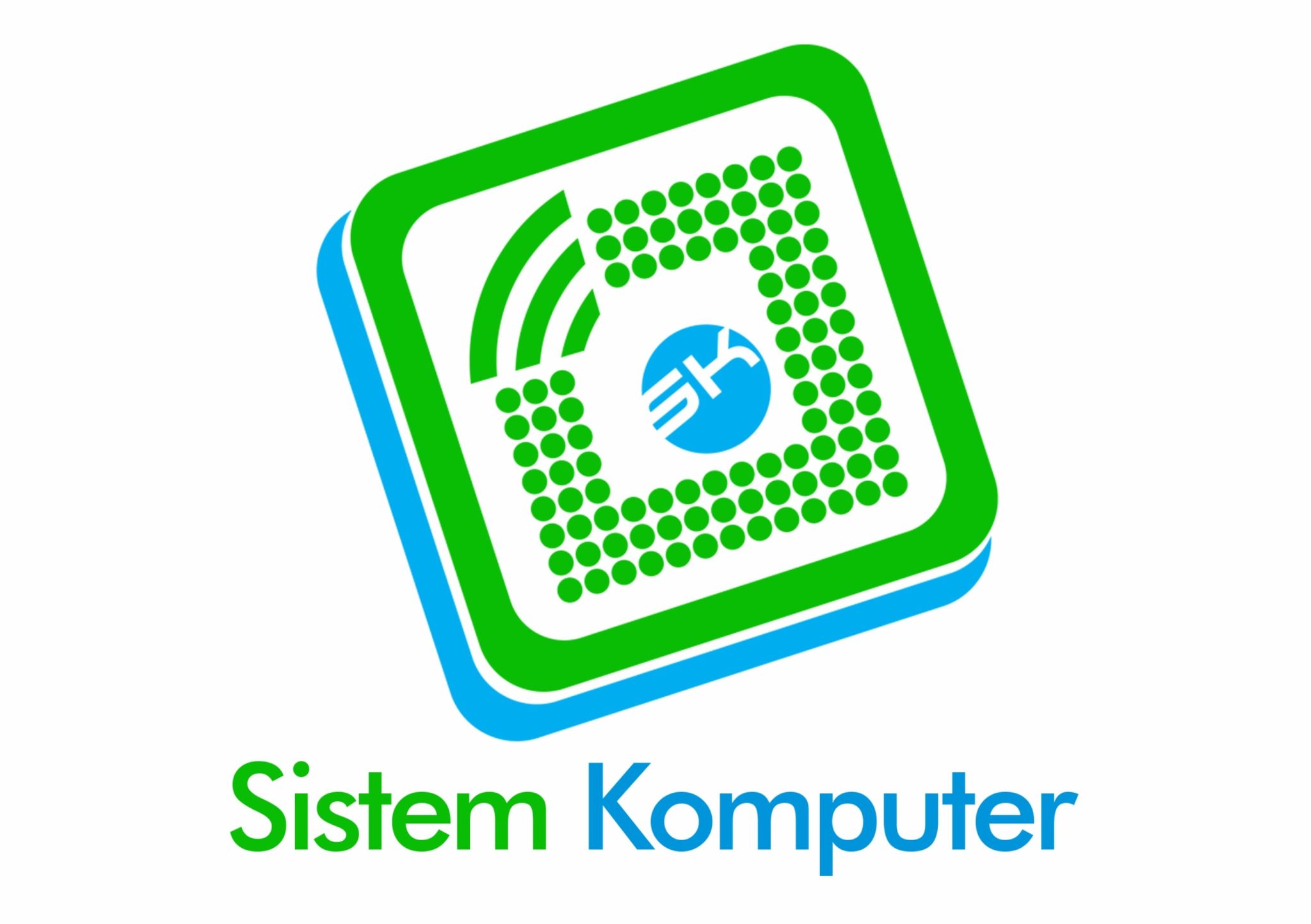APWiMob 2015
APWiMob is international event in Asia Pacific designed for audience working in the wireless communications and mobile technology communities. As the Asia Pacific conference focusing on wireless and mobile technologies, APWiMob is very suitable for wireless communications and mobile researchers, industry professionals, and academics interested in the latest development and design of wireless systems and mobile technologies.
Sponsored by the IEEE Communications Society Indonesia Chapter and School of Electrical Engineering Telkom University, APWiMob has a strong foundation of bringing together industry and academia. In 2015, Bandung will become the wireless foundation by hosting APWiMob 2015.
The conference will include technical sessions, tutorials, and technology and business panels. You are invited to submit papers in all areas of wireless communications and mobile technologies, networks, services, and applications, please kindly submit the papers to http://edas.info/N19107.
Potential topics include, but are not limited to:
Track 1: Fundamentals and PHY
Advanced modulation schemes
Antennas, beamforming, multi-antenna signal processing
Channel capacity estimation and equalization
Channel measurement, modeling, and characterization
Cognitive and green radio
Cooperative communications
Equalization, synchronization, channel estimation
Information-theoretic aspects of wireless communications
Interference characterization, cancellation, multiuser detection and mitigation
Iterative techniques
Modulation, coding, diversity
Multihop and cooperative communications
OFDM, CDMA, spread spectrum
Physical layer designs for WLAN, WPAN, and WBAN
Physical layer network coding and security
Power efficient communications
Propagation models for high frequency channels
RF propagation studies
Signal processing for wireless communications
Single and multi-user MIMO
Source and channel coding
Space-time coding, MIMO, adaptive antennas
Ultra-wideband and gigabit wireless communications
Vehicular communications
Wireless localization and tracking techniques
Track 2: MAC and Cross-Layer Design
Adaptability and reconfigurability
Adaptive and cognitive MACs
B3G/4G Systems, WiMAX, WLAN, WPAN
Cognitive and cooperative MAC
Collaborative algorithms
Cross-layer design, cross-layer security
Cross-layer designs involving MAC
Delay tolerant MAC designs
Implementation of testbeds and prototypes
Information-theoretical approaches to MAC designs
Joint access and backhaul scheduler designs
Joint MAC and networking layer designs
MAC for low power embedded networks
MAC for mesh, ad hoc, relay, and sensor networks
MAC for mobile and vehicular ad hoc networks
MAC in 4G and future mobile networks
Multiple access techniques
Network information theory
QoS provisioning in MAC
Radio resource management, allocation, and scheduling
Reconfigurable MACs
Routing and QoS scheduling
Scheduler for cellular macro-, pico- and femto- systems
Scheduler for cooperative systems
Scheduler for relay systems
Security issues in MAC designs
Software defined radio, RFID
Time-critical MAC designs
Wireless MAC protocols: design and analysis
Track 3: Mobile and Wireless Networks
Body area networks
Capacity, Throughput, Outage, Coverage
Cognitive radio networks
Congestion and Admission Control
Congestion, load and admission control
Dynamic spectrum management
Future wireless Internet
Green wireless networks
Internet of things
Interworking Heterogeneous Wireless/Wireline Networks
Localization for Wireless Networks
Location dependent networks
Mesh, Relay, Sensor and Ad Hoc Networks
Mobile and Wireless IP
Mobile computing
Mobility, location, and handoff management
Multi-hop and relay networks
Multimedia QoS and Traffic Management
Network architectures
Network Estimation and Processing Techniques
Performance of E2E Protocols over Wireless Networks
Proxies and Middleware for Wireless Networks
Robust routing
Satellite communications
Self-organizing networks
Smart cities and smart grids
Vehicular networks
Wireless Broadcasting, Multicasting, Geo-casting, Streaming and Routing
Wireless Network Security and Privacy
Wireless sensor networks
Track 4: Services, Applications, and Business
Aerospace, Electronic and Defence sector
Audio and video broadcast applications
Authentication, authorization and accounting
Cognitive radio and sensor-based applications
Content distribution in wireless home environment
Context and location-aware wireless services & applications
Context and location-awareness in pervasive systems
Cyber-physical systems and applications
Dynamic services, autonomic services
Emerging wireless and mobile applications
Geoscience and remote sensing and related fields
Innovative user interfaces, P2P services for multimedia
Intelligent transportation systems
Mobile multimedia services
Mobile to mobile and in-car communication networks
Next generation home networks
P2P services for multimedia
Personalization, profiles and profiling
Personalization, service discovery, profiles and profiling
Regulations, standards, spectrum management
Secure network and service access
Self-adaptation on the service layer
Service discovery and portability
Service oriented architectures, service portability and cloud computing
SIP based services, multimedia, QoS support, middleware
Test-bed and prototype implementation of wireless services
User interfaces, user-machine interactions
Wireless applications in robotics
Wireless emergency and security systems
Wireless health applications, telemedicine and e-health services
You are invited to submit papers in all areas of wireless
communications and mobile technologies, networks, services, and
applications via http://edas.info (must be registered before
submission) and to attend in order to share your research
achievements. Please submit a full paper of 4 to 6 pages to the
conference website, link:http://edas.info/N19107. Each paper must be
original and not have been published or submitted for publication
elsewhere. The deadline for submitting a paper is May 13, 2015. For
the full details of APWiMob 2015, including Call for Papers schedules,
please see our website, http://www.apwimob.org/. Contact:
[email protected]
Papers from the previous APWiMob 2014 have been indexed in Scopus and
published in IEEE Xplorer::
http://ieeexplore.ieee.org/xpl/mostRecentIssue.jsp?punumber=6913606,
respectively. We look forward to your participation in APWiMob 2015!
Accepted and presented papers will be submitted to be published in
IEEE Xplore and indexed in Scopus

